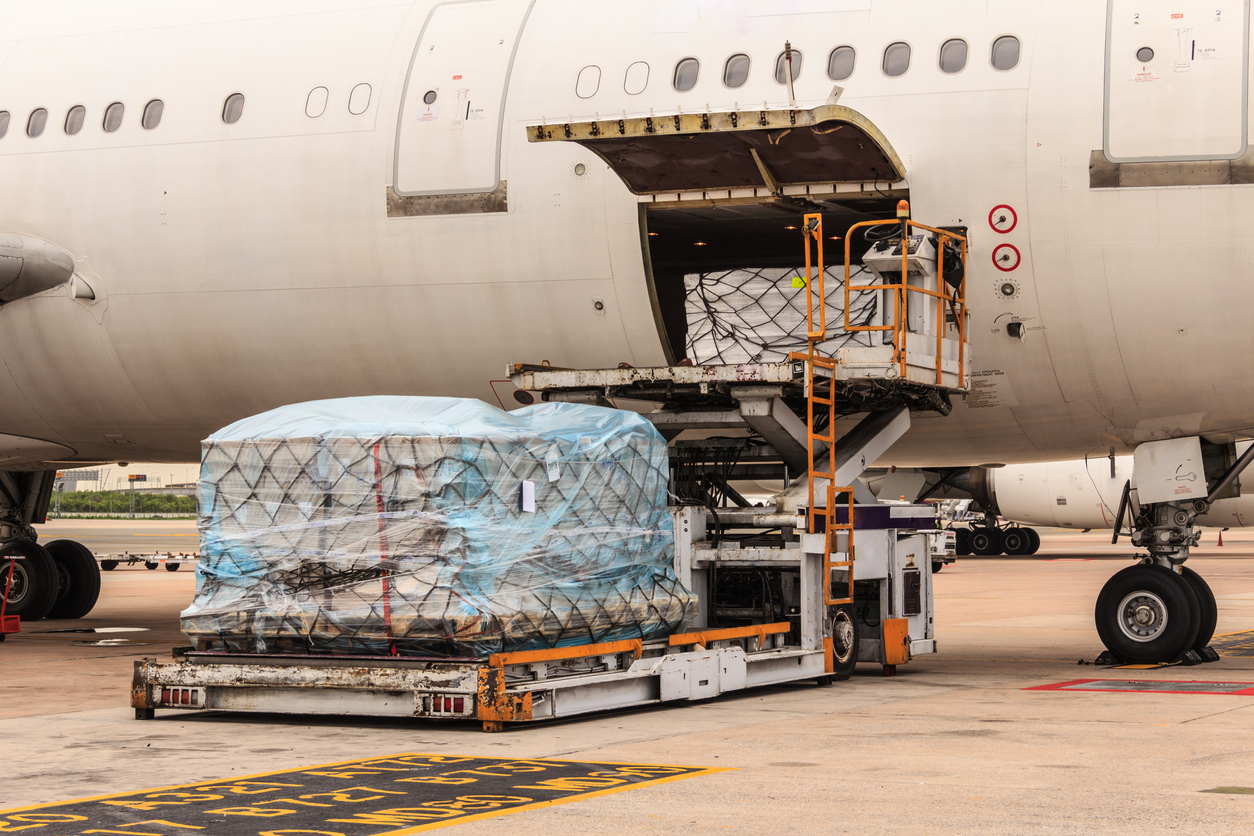How to Easily and Safely Ship Cargo to Nigeria: A Step-by-Step Guide
How to Easily and Safely Ship Cargo to Nigeria: A Step-by-Step Guide
Shipping cargo to Nigeria can be a daunting task. With a variety of considerations to make, including the type of cargo, the cost, and the security of the shipment, it is important to do your research and plan ahead. But don’t be intimidated, with the right strategy and knowledge, shipping cargo to Nigeria can be an easy and safe process. This step-by-step guide will walk you through the basics of how to ship cargo to Nigeria, from selecting the right cargo type and company, to understanding the customs process and where to find help if you need it. By the end, you will have a comprehensive understanding of how to safely and easily ship cargo to Nigeria. Let’s get started!
Understanding the Types of Cargo and Shipping Methods
There are three main types of cargo when it comes to shipping: dry bulk, liquid bulk, and break bulk. Each of these has different shipping methods, as well as different considerations to make when shipping to Nigeria. Dry bulk cargo refers to goods that are packaged and placed in containers. This includes items such as grain, fertilizer, steel, wood chips, and coal. The most common shipping methods for dry bulk are general cargo and bulk cargo, with the difference being in the loading method. Liquid bulk cargo refers to perishable goods that are packed in small containers. Common types of liquid bulk include oil, vegetable oil, molasses, animal fats, and wine. The two main shipping methods for liquid bulk are liquid bulk and tanker shipments. Break bulk cargo is any non-containerized cargo. This can include machinery and other heavy machinery, as well as loose materials such as bags of sugar. Break bulk is often loaded by hand, which makes it more challenging and time-consuming than other types of cargo, and it is also more prone to damage during shipping.
Choosing a Reliable Cargo Company
Before you book your cargo, you need to find a reliable company. There are plenty of international cargo companies, but not all of them provide safe and secure shipments to Nigeria. You should do your research on the company before booking your cargo and ask the following questions to ensure it is reliable. What is the company’s history? How long has it been operating? What is the experience of the team? What are the company’s credentials? Does it have the proper licenses and certifications? Do reviews from previous customers paint a picture of a reputable company? Does the company provide the type of shipping service you require? Does it specialize in shipping to Africa? Is the company insured? Does it have proper coverage? Once you find a company that you think could be a good fit, you should reach out and begin a dialogue. This extra step can make all the difference when it comes to booking your cargo, and it can help you avoid problems in the long run.
Prepping Your Cargo for Shipping
Once you’ve booked your cargo and confirmed that you have a reliable company, you can start preparing your cargo for shipping. Cargo should be clean, dry, and free of any contaminants, and should be packed according to the guidelines stated by the shipping company. If your cargo is in bags, you should remove the bags and repack it in a suitable container, such as a wooden box or a plastic container. If your cargo is loose, you should repack it in bags. All loose cargo should be bagged in plastic bags or in wooden boxes to ensure that it is clean. You should also make sure that the bags or containers are clearly marked with the information needed for customs.
Understanding the Nigerian Customs Process
The Nigerian Customs Service is responsible for collecting taxes and duties, as well as controlling the flow of goods into the country. When you are transporting cargo from a foreign country, you need to be aware of the customs process in Nigeria, as well as the types of documents and certifications you will need to provide. You will likely have to complete a CF88 form and provide a letter of introduction with your cargo, as well as a certificate of origin. You will also need to provide proof of ownership of your cargo. For example, if you are shipping a car from the U.S. to Nigeria, you will need to provide proof of ownership and an invoice that states what the car is worth. You will also need to provide a letter of introduction from a customs broker who is licensed to import automobiles into Nigeria.
Securing Your Cargo
In addition to customs documentation, it is important to take steps to secure your cargo. You can do this by adding extra protection to the container or bag. For example, you can use pallets to add extra support to the bottom of the cargo bag, or you can use wooden or plastic slats to provide extra support for the sides of the bag. You can also use straps and shrink wrap to provide extra support, as well as to prevent the bag from being opened. You can also add extra weight to the bag, such as sand bags or water bags, to prevent it from being lifted and opened during transit. You can also secure your freight by choosing the right mode of transport. For example, you should use rail cargo or a secure trucking company if your cargo is sensitive, or if it is not seaworthy.
Tracking Your Shipment
Once you’ve booked your cargo, and you are prepared to ship, it is important to track your shipment from start to finish. You can track your shipment online, or you can use a tracking app on your phone. It is important to keep track of your shipment, as well as to know when it is arriving, so that you can be prepared for pick-up when the time comes. This will help you avoid any issues, such as waiting for your shipment at the wrong location, which could result in costly delays. You can also track your shipment by speaking with your shipping company. They are likely to have a system in place that allows you to track your shipment, as well as get updates on its journey. The best way to track your shipment is to create an account with the shipping company and provide them with your tracking number.
Working with Shipping Agents
Shipping cargo to Nigeria can be time-consuming and challenging, so it is often best to work with a shipping agent. A shipping agent can help you with the paperwork, customs documentation, and other tasks related to the journey of your cargo, so that you can focus on other areas of your business. Shipping agents can also provide assistance with arranging pick-up and drop-off services, as well as storing your cargo until the time is right to ship it to Nigeria. It is important to find a shipping agent that is reputable and trustworthy. You can do this by reaching out to shipping agents in your area and asking them about their experience shipping cargo to Africa, as well as what services they can provide.
Getting Help with Shipping Cargo to Nigeria
Shipping cargo to Nigeria can be a challenging process, particularly for new importers. If you don’t feel confident in your ability to navigate the customs process and find the right documents, it may be beneficial to hire a customs broker. A customs broker can provide assistance with the customs process, including finding the right documents, providing advice on which cargo types to use, and representing you at the port. A customs broker can also help you navigate the red tape and bureaucracy that comes with importing and exporting goods. This can include dealing with government officials, as well as navigating the bureaucracy of the shipping process. When you work with a customs broker, they will charge you a fee, either a one-time fee or an hourly rate. This is important to keep in mind when booking your cargo, so that you know what the total cost will be.








LEAVE A COMMENT
You must be logged in to post a comment.